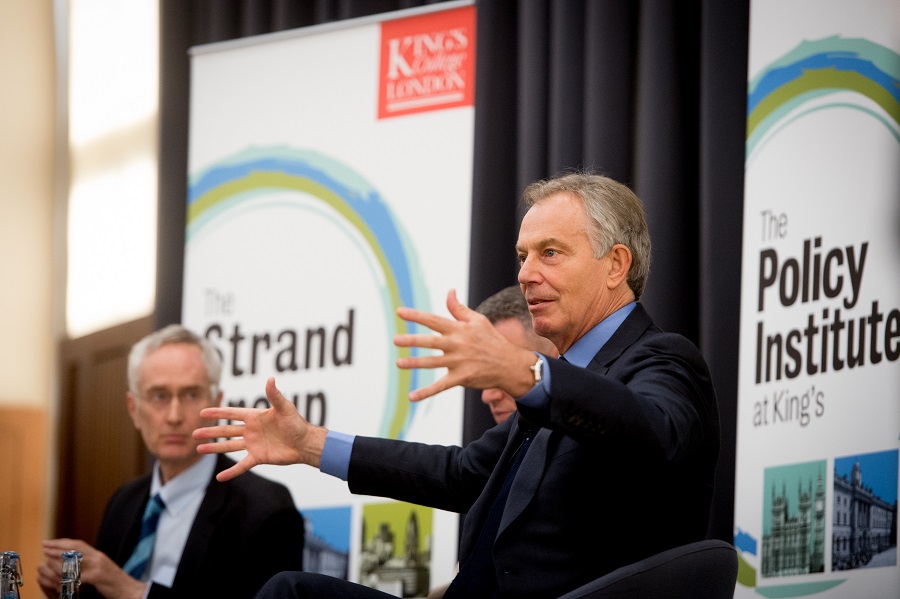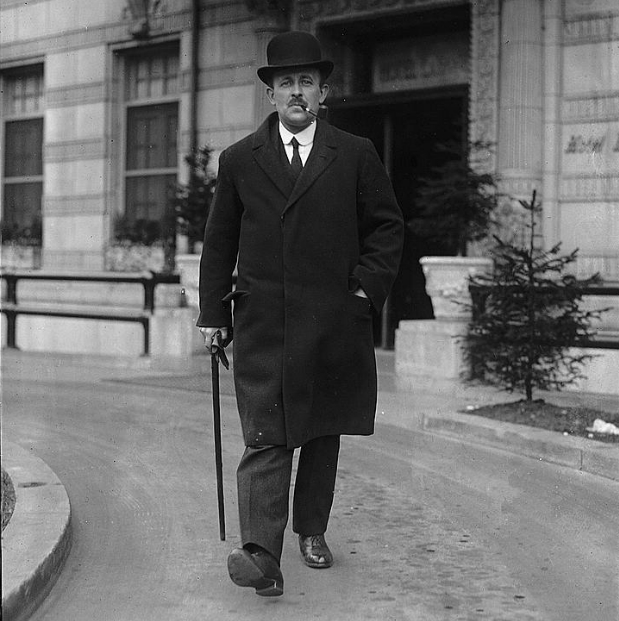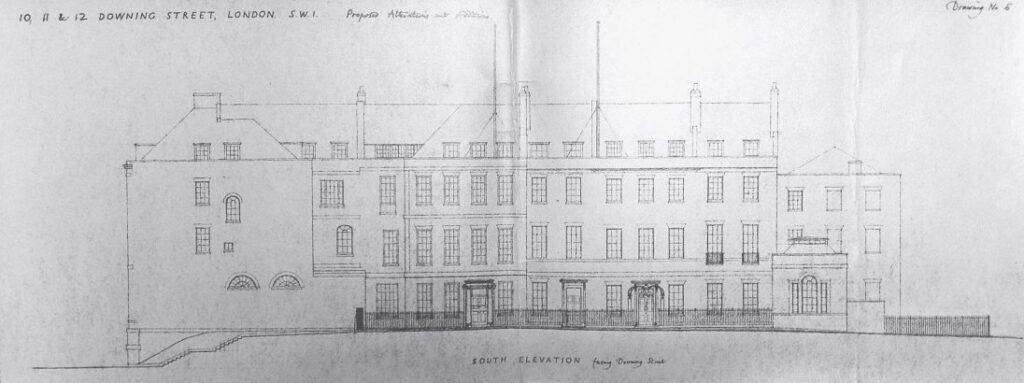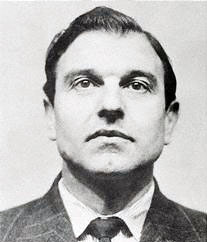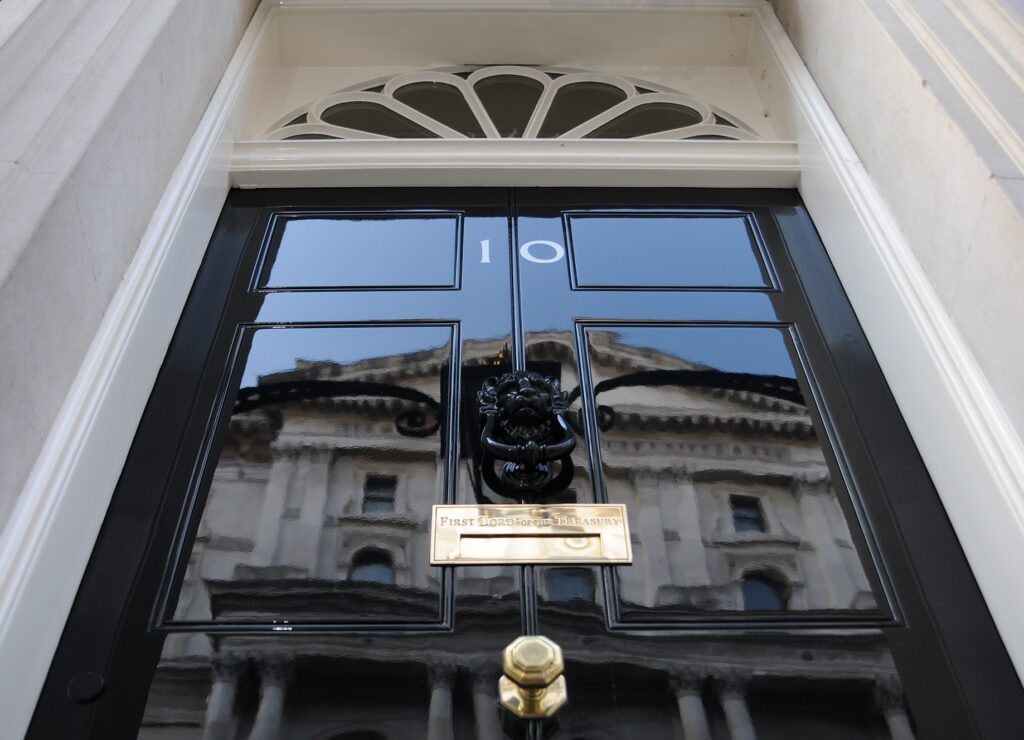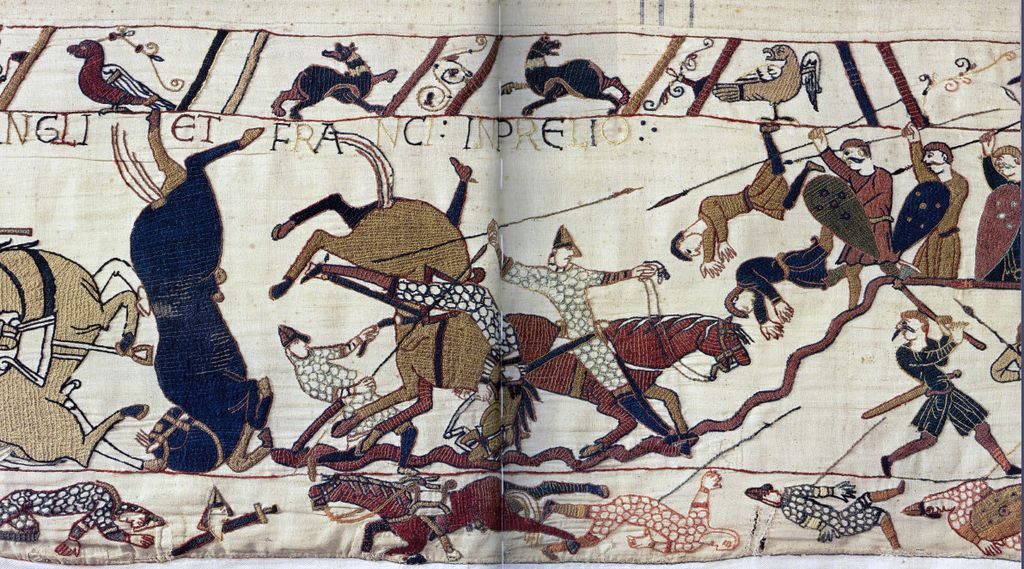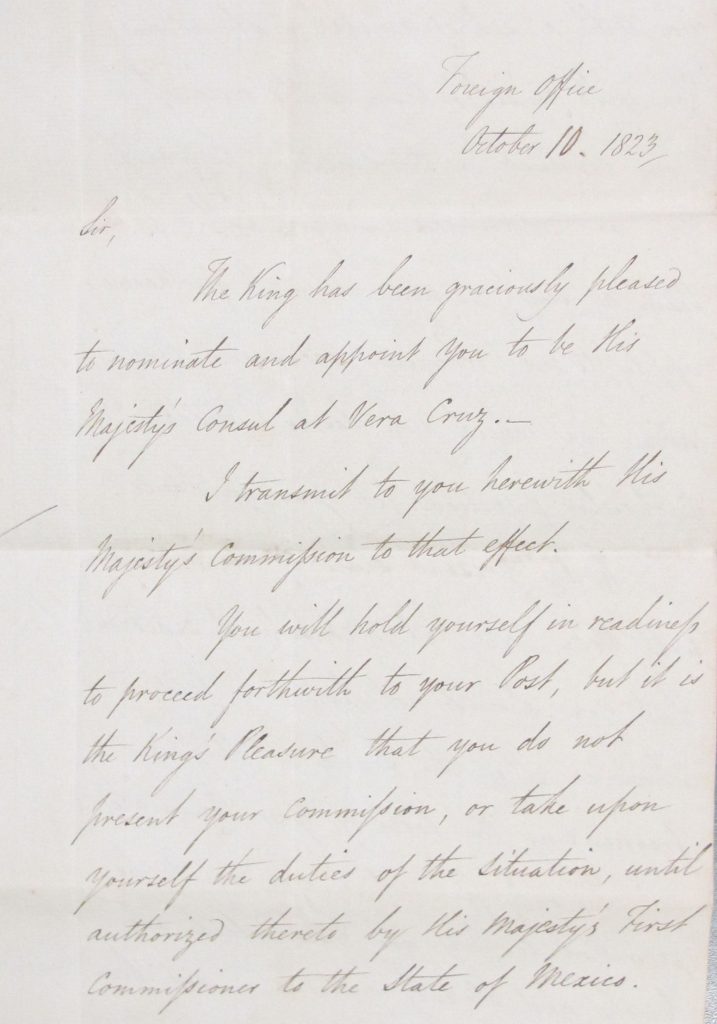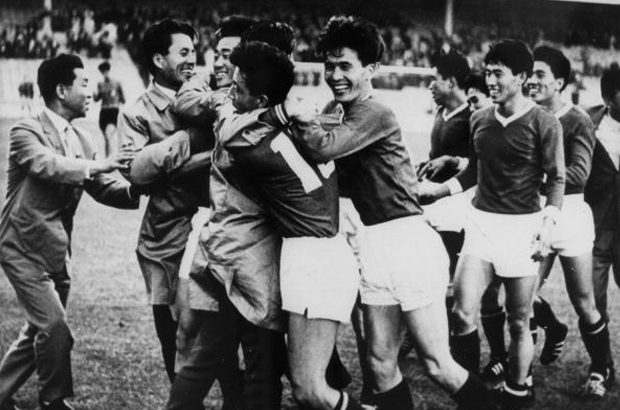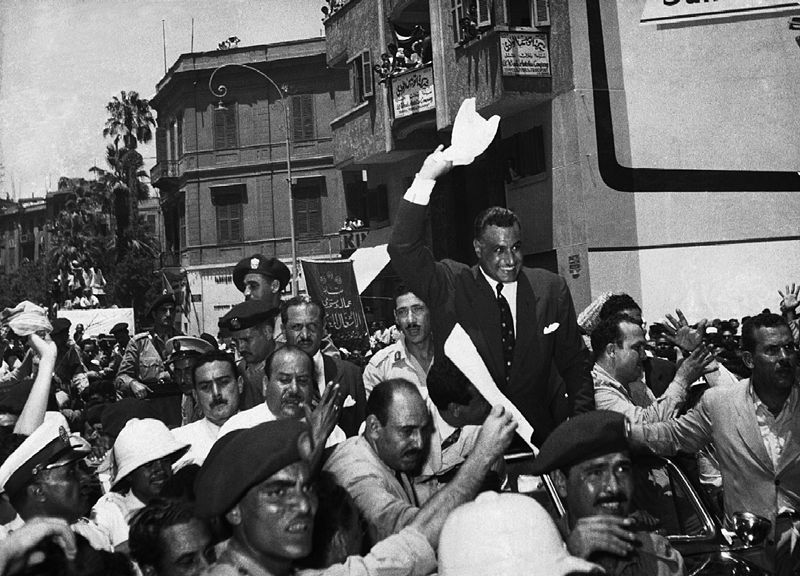The Art of Delivery: The Prime Minister’s Delivery Unit 2001-2005
The Art of Delivery: The Prime Minister’s Delivery Unit 2001-2005
This blog post examines the Prime Minister’s Delivery Unit 2001 to 2005, which was created during Tony Blair’s premiership. The Prime Minister’s Delivery Unit acted as a nexus of power between No.10 and Whitehall.
